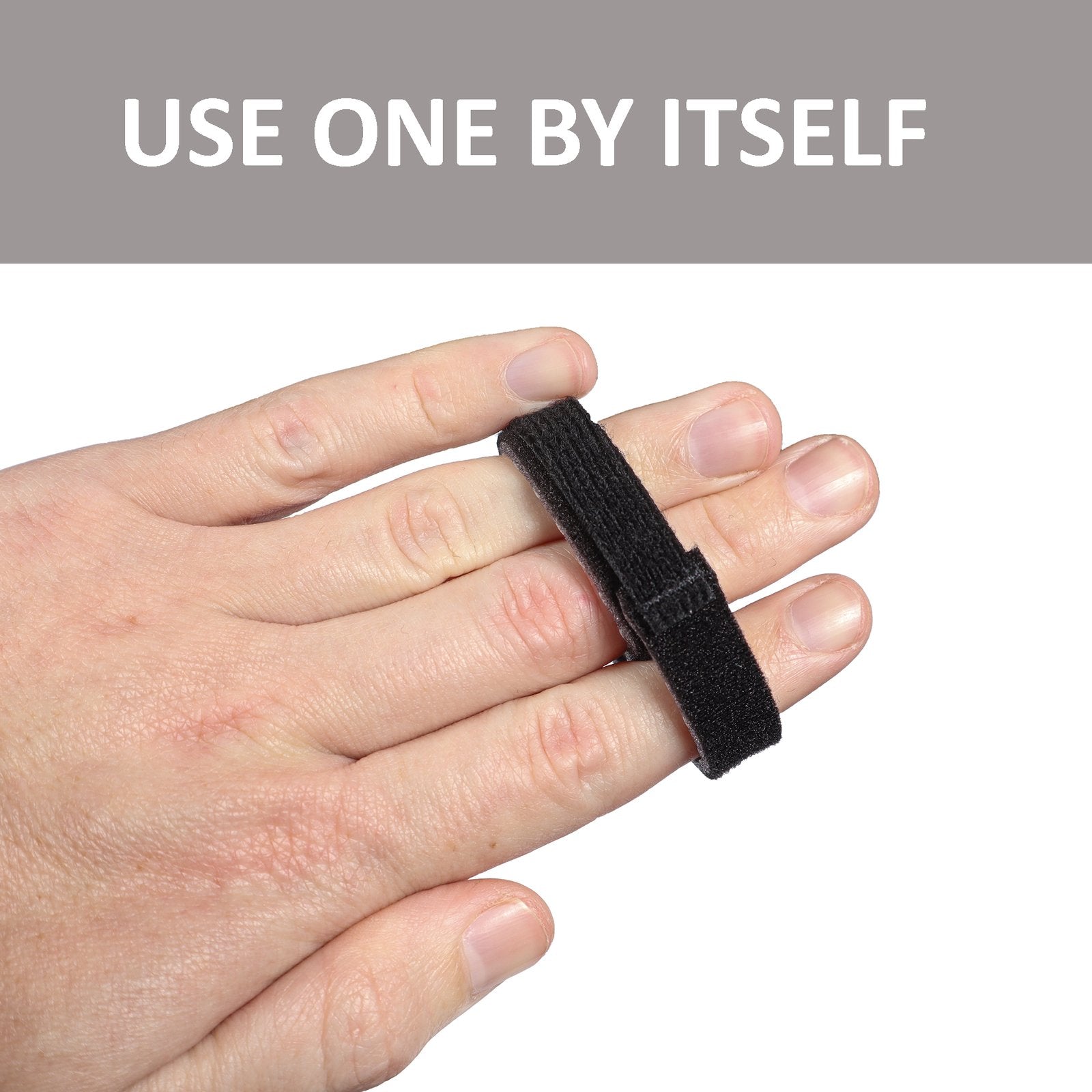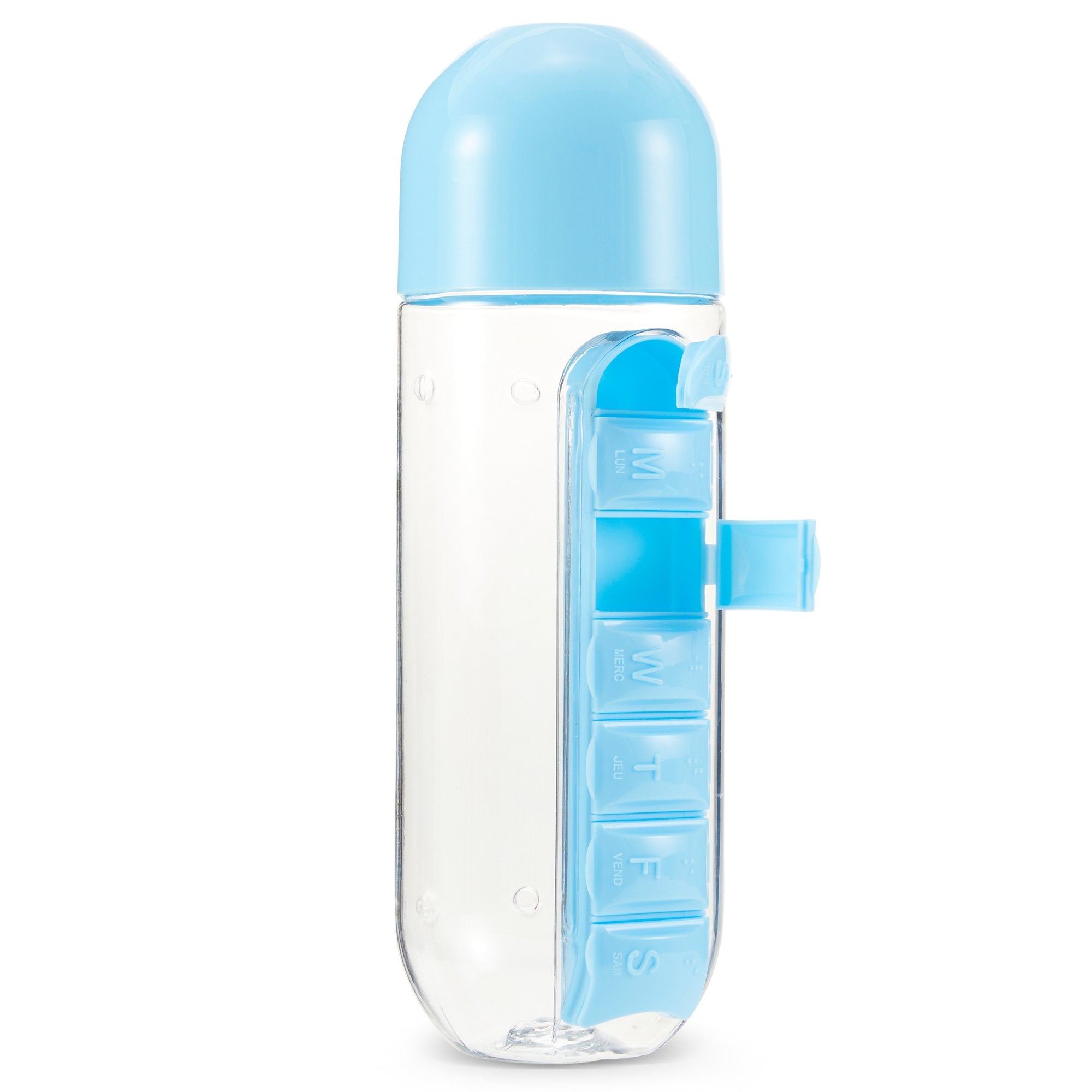I have Sleep Apnea, now what?
Sleep apnea is a common sleep disorder characterized by pauses in breathing or shallow breathing during sleep. These pauses can last from a few seconds to a few minutes and can occur multiple times throughout the night. Left untreated, sleep apnea can lead to serious health problems such as high blood pressure, heart disease, stroke, diabetes, and depression. However, with proper treatment, sleep apnea can be effectively managed.
The treatment of sleep apnea depends on the severity of the condition. For mild cases of sleep apnea, lifestyle changes may be recommended as the first line of treatment. These changes may include losing weight, quitting smoking, avoiding alcohol before bed, and changing sleeping positions. For example, sleeping on the side rather than the back can help prevent the airway from becoming blocked.
For moderate to severe cases of sleep apnea, the most effective treatment is continuous positive airway pressure (CPAP) therapy. A CPAP machine delivers air pressure through a mask worn over the nose or mouth to keep the airway open during sleep. This helps prevent pauses in breathing or shallow breathing and ensures that the body receives sufficient oxygen throughout the night.
Other treatments for sleep apnea may include oral appliances or surgery. Oral appliances are custom-made devices that are worn in the mouth to help keep the airway open during sleep. Surgery may be recommended to remove obstructions in the airway or to reshape the jaw or other structures that may be contributing to the condition.
In addition to these treatments, there are also alternative therapies that may be used to manage sleep apnea. These may include positional therapy, which involves using pillows or other devices to keep the body in a certain position during sleep. Other alternative therapies may include acupuncture, hypnosis, or the use of special breathing exercises or techniques.
Regardless of the type of treatment used, it is important to work closely with a healthcare provider to manage sleep apnea. This may involve regular follow-up appointments to monitor the effectiveness of treatment and make adjustments as needed. It is also important to follow all instructions for using CPAP machines or other devices and to make lifestyle changes as recommended by healthcare providers.
One common challenge with CPAP therapy is that many people find the mask and the sound of the machine to be uncomfortable or disruptive to sleep. However, there are many different types of masks and machines available, and healthcare providers can work with individuals to find the one that is most comfortable and effective for their needs. Additionally, some people may benefit from using a bilevel positive airway pressure (BiPAP) machine, which adjusts the air pressure based on the person's breathing patterns.
In some cases, people may also benefit from the use of supplemental oxygen therapy. This involves the use of oxygen to help ensure that the body is receiving sufficient oxygen levels during sleep.
It is important to note that sleep apnea is a chronic condition, and there is no cure. However, with proper treatment and management, it is possible to effectively manage the condition and reduce the risk of complications. In addition to the medical treatments discussed above, there are also many lifestyle changes that can be made to improve sleep quality and overall health. These may include maintaining a healthy weight, engaging in regular exercise, avoiding smoking and alcohol, and practicing good sleep hygiene.
In conclusion, sleep apnea is a serious sleep disorder that can have significant impacts on health and quality of life. However, with proper treatment and management, it is possible to effectively manage the condition and reduce the risk of complications. If you are experiencing symptoms of sleep apnea, it is important to seek medical attention and work with a healthcare provider to develop a personalized treatment plan. With the right treatment and support, it is possible to achieve better sleep and improved health outcomes.





